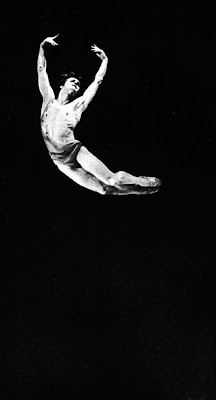I read The Old Man and The Sea when I was fourteen and I hated it. It made me suffer so much for the old man while I was reading it, I could almost feel his blisters on my hands. I remember I closed the book and said “I hate Hemingway”. I read it during a time when I was very sensitive and didn't want to feel that much (oh, those teenage years). Looking back, I think it must have been a good book if I became so involved with it. I have to add it to my list of re-reads, I don’t remember much except the impact it had on me.
I didn't want to read Hemingway again because of that experience, but a couple of years ago someone convinced me to read his short stories and I loved them. I thought they were brilliant and I tried to analyze them and break them down to find out what was it that made me want to read them over and over again. I decided to give his books another chance and I chose A Moveable Feast to start with.
Within my limited experience reading Hemingway, he always makes me feel a lot with so very little. His writing is unadorned and simple. It felt as if someone was speaking to me, as if he was sitting with me, drinking a glass of wine, telling me his stories about Paris in the twenties. It was so touching, so beautiful to me, specially the parts related to Hadley, his first wife. This book gave me the impression that it was a love letter for someone who had been lost. He wrote it at the end of his life so I imagine that looking back to those early years made him nostalgic for the days when he was poor but happy. I actually think this book was meant to be an apology to Hadley, that despite it all he was never happier than with her and she was the only one who knew him for real.
 |
| Ernest Hemingway, Hadley and Sylvia Beach in front of Shakespeare and Co. |
The book also gave me a glimpse of what was he like as a young writer, when he was still learning about his craft and how to convey the stories within him. I've dealt many times with writer’s block and become so frustrated that I wondered if maybe I’m not made for this. But when I read that even him struggled with this sometimes, it comforted me. Again, it felt as if he was speaking directly to me:
“Do not worry. You have always written before and you will write now. All you have to do is write one true sentence. Write the truest sentence that you know.”
When I sat down to write the review for this book my mind went blank. I didn't understand why I was having a hard time writing the review of a book that moved me so. And then I realized that was the problem. That’s why this isn't really a review. I’m explaining here why it was so moving to me. I’m writing what is true to me.
Needless is to say that I've changed my mind about him and I’m ready to read more of his works. I plan to read The Sun Also Rises very soon and I don’t know how I will react to it. I could love it or I could hate it. Either way, I’m pretty sure I will have strong feelings about it, that’s the one thing I can count on when it comes to Hemingway.







